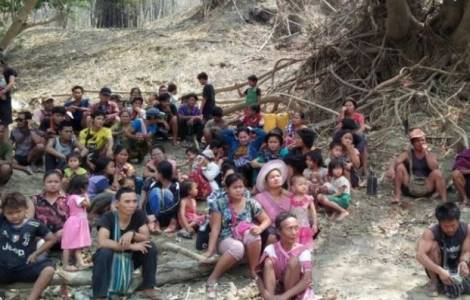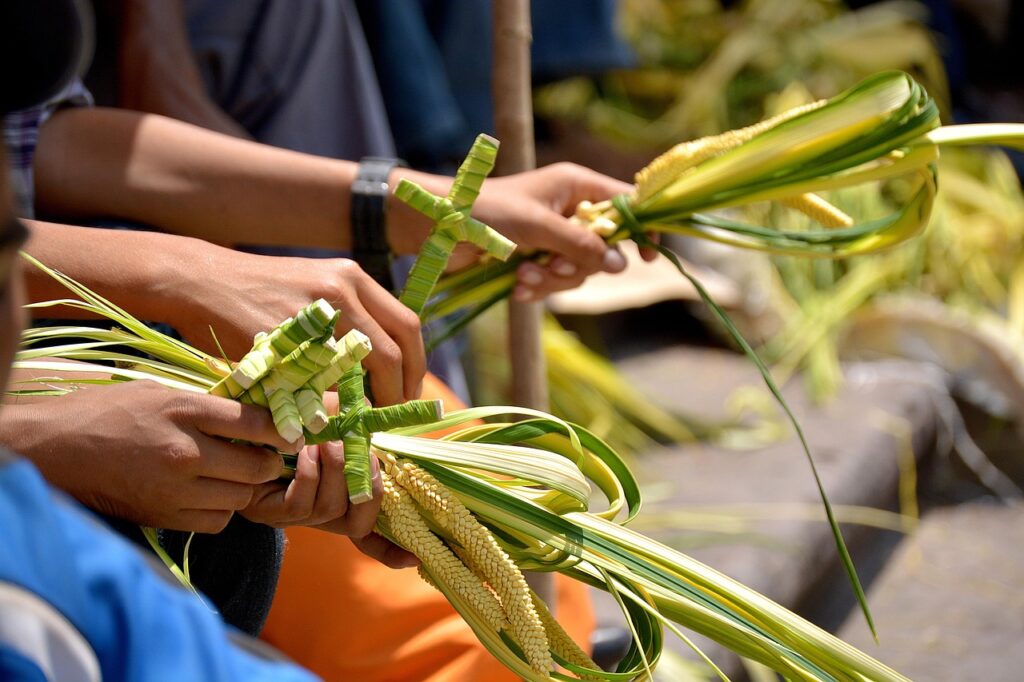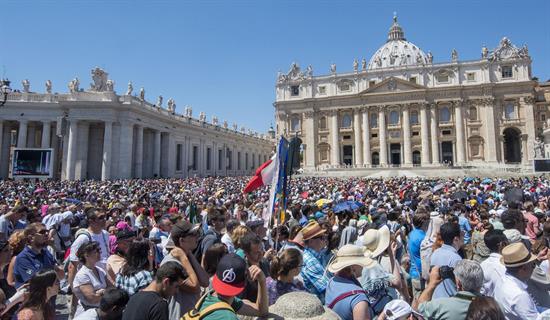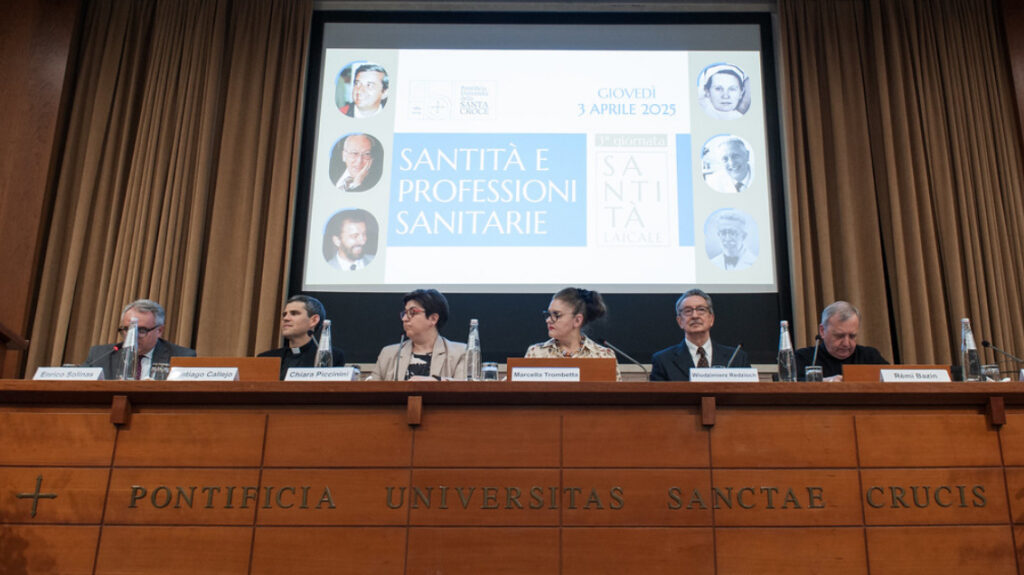‘Crime Against Humanity’ in Myanmar
Army Destroys Aid Intended for the Poor

“Intentionally destroying humanitarian aid intended for poor, vulnerable, and destitute people is a crime against humanity”, says a source of Fides confirming the news that the Burmese army has destroyed bags of rice, food aid, and supplies for refugees. An ambulance was also burned, reads a message sent to Fides from a local source, recalling that 80 bags of rice and medicines sent by some donors to refugees from the village of Loi Ying (Catholic Diocese of Pekhon), in the Burmese state of Shan, were destroyed. “There are no words to define such terrible and cruel actions”, says the source of Fides in the local Church, noting that “refugees are in urgent need of food and medical supplies”, while violence between the Burmese army and the popular defense forces is raging across the national territory.
Faced with this emergency, the Bishops of Myanmar intervened who, at the conclusion of their plenary assembly, held in Yangon from 8 to 11 June, launched a heartfelt appeal in a Message, signed by the 13 Catholic Prelates, which reads: “While our country is going through difficult times, this appeal is being launched for humanitarian reasons. We are not politicians, we are leaders of faith, and we are accompanying our people on their journey towards human dignity”. The text of the Bishops, sent to Fides, is formulated in four points: first of all, the Bishops, deeply concerned about the difficulty in reaching refugees, ask “humanitarian corridors in conflict zones” not to be blocked. “Thousands of people, especially the elderly and children, are dying of hunger in the jungles. Starving innocent people is the most heartbreaking experience. We implore that a humanitarian corridor is allowed to reach the hungry masses wherever they are. They are our citizens and have the fundamental right to food and security”, they write.
The second point calls for respect for churches and monasteries, Christians and Buddhists, and places of worship, where thousands of displaced people have taken refuge, fleeing from their homes in search of a safe place. The text recalls that four churches in the diocese of Loikaw were attacked and thousands of people fled to the forests and ask to “observe the international standards that protect sacred places in times of war”: “Churches, pagodas, monasteries, mosques, temples, including schools and hospitals, are recognized as neutral places of refuge during a conflict. We appeal that these places are not attacked and that people seeking refuge are protected”.
In the third point, the Bishops of Myanmar ask all the dioceses and Catholic communities of the country to continue to pray for peace, celebrate holy masses, meditate during the Eucharistic Adoration, or recite the Rosary in order to place the nation under the protection of the Virgin Mary. The text concludes, in the fourth point, by imploring all those involved at the local and international level to “work for a lasting peace”: “In the last seven decades – we read – this country has been in conflict. Now only tears and pain of innocent people remain. As a nation, we must invest in peace. This country deserves to become part of the community of nations, consigning its past to history and investing in peace. Human dignity is given by God and no amount of violence can deny this aspiration to human dignity. Peace is still possible. Peace is the path”.
Related

I have ardently desired to eat this Passover with you: Fr. Jorge Miró
Jorge Miró
12 April, 2025
2 min

Pope Francis Sends a Message of Hope to the Young People of the UNIV 2025 International Congress
Exaudi Staff
11 April, 2025
5 min

“Highway to Heaven” Arrives in Rome: Carlo Acutis’ Musical Evangelizes with Art and Heart
Exaudi Staff
09 April, 2025
2 min

University of the Holy Cross: A Day on Lay Holiness
Wlodzimierz Redzioch
08 April, 2025
3 min
 (EN)
(EN)
 (ES)
(ES)
 (IT)
(IT)

